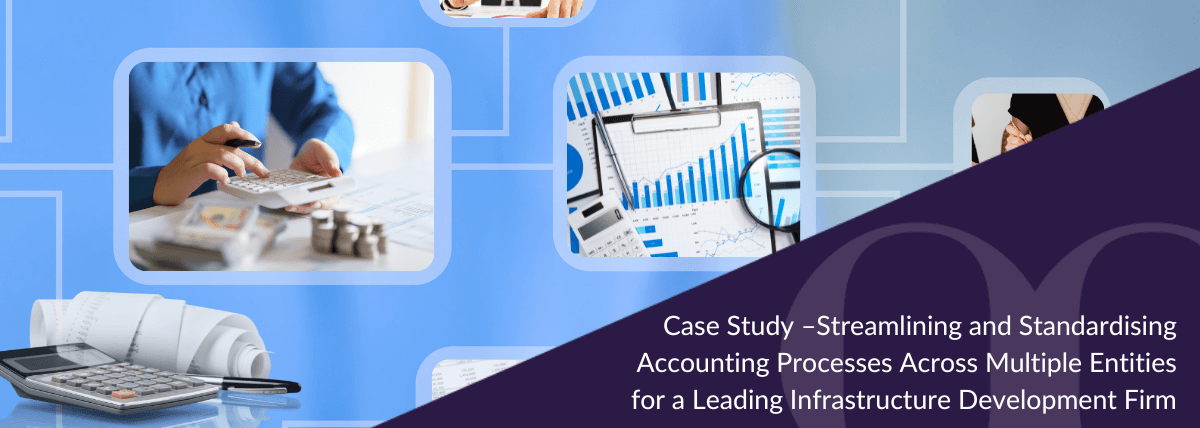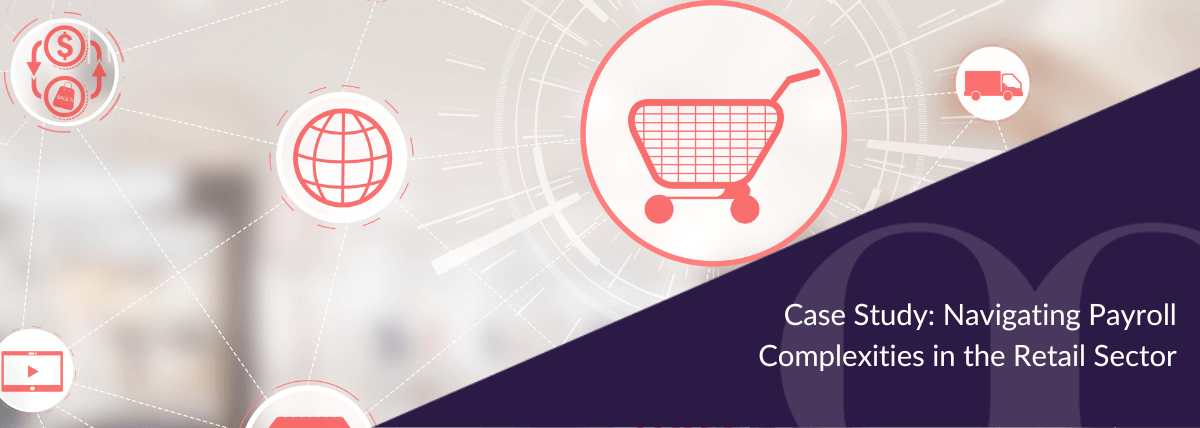HR is no longer just the department that processes payslips and tracks annual leave. Today, it is a strategic driver of business growth helping leaders make better decisions, improving employee experience and ensuring compliance across borders.
Yet in Singapore and across Southeast Asia, many companies still depend on manual processes, disconnected HR and payroll systems, or a mix of local vendors. This slows down operations, creates compliance risks, and distracts HR from its real purpose: enabling the business to grow.
As Nie Ying, Regional Operations Director at BoardRoom Group, explains, “With outdated or disconnected systems, companies face limits in managing employee data digitally. Legacy platforms often operate as standalone databases that don’t talk to each other, making scaling and integration difficult.”
This is where BoardRoom steps in offering payroll solutions that combine expert outsourcing with smart technology like the IGNITE payroll system.
The HR + Payroll Challenge in Southeast Asia
Expanding across Southeast Asia is not just about finding customers, it is about managing a complex web of local compliance rules.
In Singapore, HR leaders must handle CPF contributions, annual IRAS submissions, and frequent regulatory updates. In Malaysia, there’s EPF, SOCSO, and income tax while in Hong Kong, there are MPF and Inland Revenue requirements.
Companies running separate HR and payroll systems often face:
- Manual data re-entry, which increases error risk
- Delays in payroll processing due to poor system integration
- Difficulty consolidating reports for decision-making
- Compliance gaps when operating across multiple jurisdictions
Nie Ying explains the root of these challenges, “When a company grows quickly or expands across regions, it faces difficulties managing employee data digitally. Legacy or disconnected systems often operate as standalone databases that don’t talk to each other, making scaling and integration difficult.”
She adds, “Older systems usually only cover basic modules like personnel, payroll and leave. Modern, cloud-based solutions provide integrated functions such as attendance, appraisal, claims and can support multiple companies and countries within the same platform.”
By addressing these limitations with an integrated payroll and HR system, businesses can reduce errors, improve compliance, and free HR to focus on strategic growth rather than firefighting operational issues.
Why Integrated Payroll & HR Systems Matter
An integrated HR payroll software environment is no longer a luxury, it is a necessity. Many legacy HRMS platforms do not sync well with payroll, leading to duplicate work, inconsistent records and delayed reporting. This slows down compliance checks and makes workforce planning harder.
By contrast, online payroll software with full HRMS integration can:
- Automate statutory calculations and reporting
- Provide real-time dashboards for management
- Reduce data entry errors and payroll disputes
- Give employees self-service access to payslips, leave balances, and claims
BoardRoom’s IGNITE payroll management system integrates HR and payroll functions into one secure platform. With five core modules such as Payroll, Employee Hub, Leave, Attendance, and Claims, it supports true multi-country payroll processing, ensuring full statutory compliance across 10 countries and regions in Asia: Singapore, Malaysia, Hong Kong, Macau, Taiwan, China, Indonesia, Vietnam, the Philippines, and Thailand. This helps businesses navigate the constantly evolving payroll compliance regulations in each market.
“Modern, cloud-based systems allow employees to check their payslips, submit claims and manage leave anytime. They also support multi-company and multi-country operations on a single platform. This reduces emails to HR and frees up the team to focus on more strategic work,” Nie Ying says.
How BoardRoom’s IGNITE Helps Companies Scale with Smarter HR
For companies in Singapore, BoardRoom offers two options:
- Full outsourcing — where BoardRoom’s payroll experts manage everything end-to-end
- Software-as-a-Service — using IGNITE as a cloud-based payroll software Singapore businesses can access it anywhere
Many fast-growing firms prefer outsourcing to a trusted payroll software provider.
As Nie Ying explains, “If clients just adopt the SaaS model, they need extra manpower to run payroll and manage the system. If they outsource to BoardRoom, we handle the processing, ensure compliance is in place, and guide clients through the system efficiently.”
Outsourcing also reduces the risk of disruption caused by staff turnover or leave.
“When HR staff are on leave, on long-term leave, or have left the company, clients don’t need to worry. Payroll continues smoothly without interruptions,” says Nie Ying.
When companies scale, the system itself must be able to grow with them.
Nie Ying highlights that “The system needs to scale horizontally and vertically, supporting multiple entities in the same database and even multi-country payroll. This allows companies to expand without constantly hiring extra staff to manage the complexity.”
Advice for HR Leaders Planning to Scale
Nie Ying shares guidance for HR leaders preparing for growth, “First, your agenda must be very clear and you must know your future growth plan. Second, find a system that can scale both horizontally and vertically. It should support multiple entities in the same database and, if expanding regionally, multi-country payroll. Finally, ensure the system has reasonable pricing and can grow with you as your headcount and operational complexity increase.”
Case Example: Scaling Across APAC
Nie Ying shares a Singapore-based success story, “After a few years, one client quickly expanded to India, Vietnam, and Indonesia. Over time, we supported them from 1 entity to 7 entities across the region. As their headcount grew, so did the services we provided, helping them scale efficiently while staying compliant.”
With BoardRoom’s IGNITE payroll management system, HR teams can:
- Access integrated payroll and HR modules including Payroll, Employee Hub, Leave, Attendance & Claims
- Enable true multi-country payroll processing across 10+ APAC countries
- Ensure automated statutory compliance with local legislation
- Focus on strategic initiatives such as talent development, employee engagement, and culture rather than administrative firefighting
This combination of smart online payroll software, integrated HRMS, and expert payroll services ensures that Singapore businesses can scale efficiently, reduce operational risk, and maintain consistent compliance across multiple markets.

The Strategic Value of Payroll Data
Beyond compliance and efficiency, integrated payroll systems generate valuable business intelligence. By analysing payroll data, companies can:
- Identify overtime trends and workforce cost spikes
- Plan headcount based on accurate cost forecasting
- Track the ROI of hiring decisions across regions
“HR is no longer just about administrative tasks,” Nie Ying explains. “Over time, it has evolved into a strategic partner that provides insights to help the business make informed decisions. Payroll data is a key part of that, it helps leaders understand workforce trends, costs and opportunities for growth.”
With accurate, real-time payroll data, companies can make strategic decisions faster, reduce unnecessary costs, and allocate resources more effectively. By integrating HR and payroll, platforms like BoardRoom’s IGNITE enable HR teams to move from administrative management to a more strategic, insight-driven role.
Conclusion: From Process to Growth Partner
In Singapore’s competitive business environment, HR leaders cannot afford to be bogged down by manual payroll tasks or outdated systems. The right payroll system Singapore businesses adopt should be more than a payslip generator, it should be a growth enabler.
With BoardRoom’s payroll outsourcing services and the IGNITE platform, HR teams can shift their focus from administrative firefighting to strategic impact. Smarter HR and payroll systems give you the freedom to grow confidently knowing that compliance, accuracy, and efficiency are always covered
As Nie Ying summarises the value in practice, “BoardRoom grew alongside the client, expanding services as their headcount and operations increased across the region.”
Want to know more? Contact us to know how BoardRoom’s payroll services can help your business scale smarter.

































